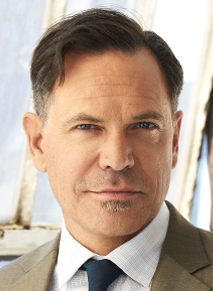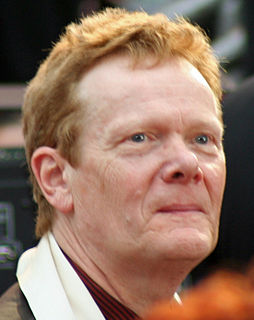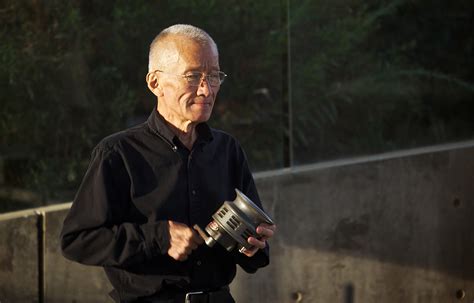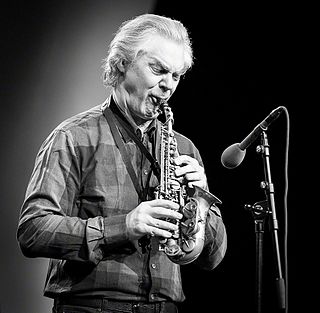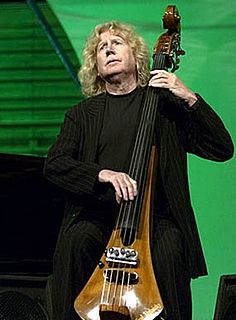A Quote by Kurt Elling
Sometimes people have this notion that improvisation is simply intuitive leaping into the unknown.
Related Quotes
Sometimes people that are very good at improvisation in life, meaning like stage improvisation, aren't good in films because you have to ultimately take a scene where it needs to go. It's not about just saying something that's funny. You can say something funny but if it's not on story or driving the scene to its end it's really not very helpful at all.
It's fear of the unknown. The unknown is what it is. And to be frightened of it is what sends everybody scurrying around chasing dreams, illusions, wars, peace, love, hate, all that-it's all illusion. Unknown is what it is. Accept that it's unknown and it's plain sailing. Everything is unknown-then you're ahead of the game. That's what it is. Right?
Sometimes you're a psychiatrist and sometimes you're a group therapist. The dynamics in between people and the misgivings sometimes that artists have when they get into the studio because they're under a different level of scrutiny. A lot of them can be insecure about it. My job is not simply to make musical determinations but sometimes to just keep people from flipping out during the process.
Sometimes you write passages that don't need to be rewritten. Performance is that for me. Improvisation, things that happen in the moment, are sometimes wonderful, or wonderful as a moment to be shared between performer and people, but that's it. There might be a strong bond between you and the people, a transformative night, but as a live record it might not translate.
